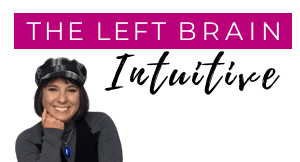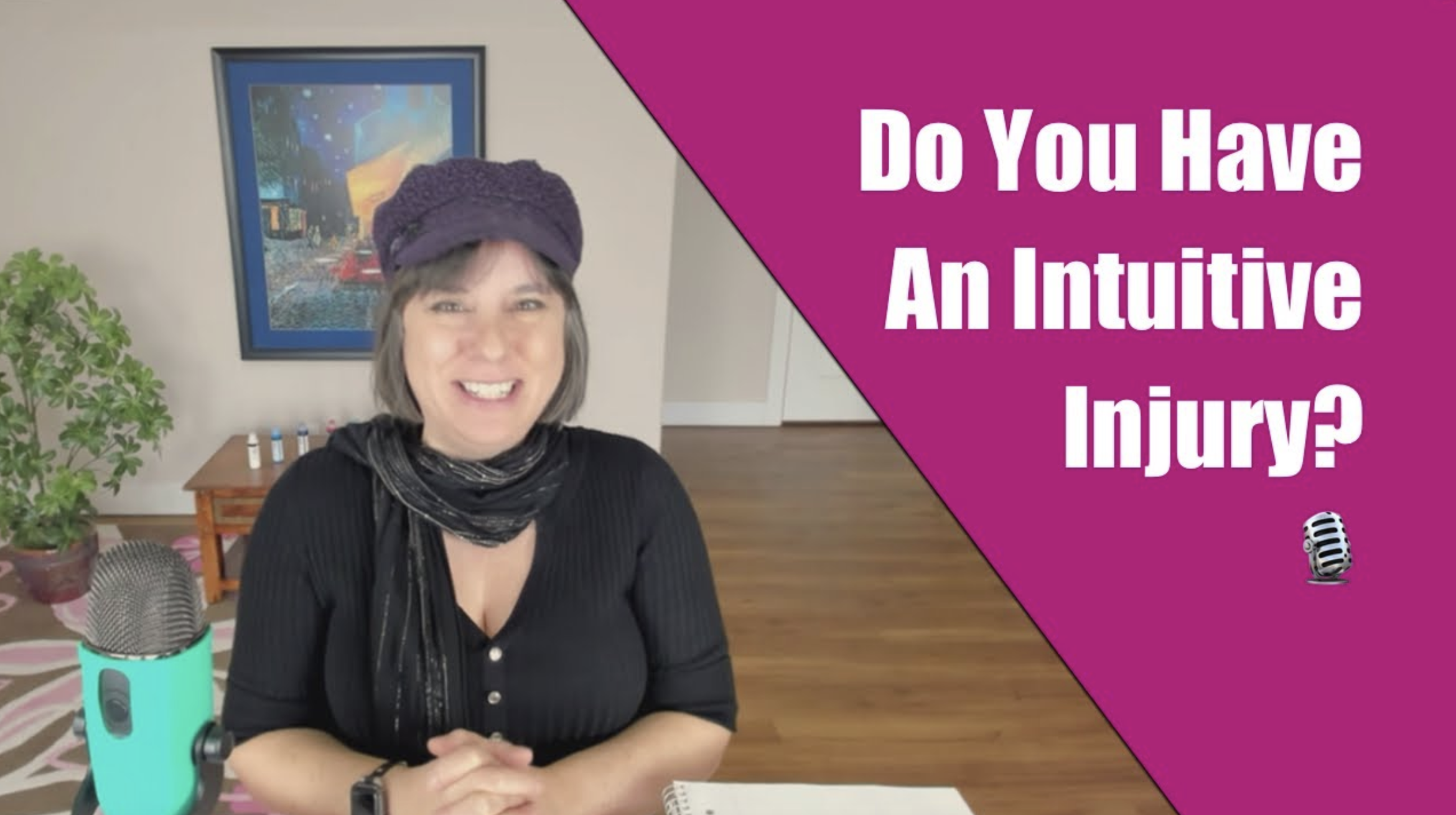Do You Have An Intuitive Injury?
Do you have an intuitive injury? This concept popped up after a client said to me: “I used to be intuitive but I’m not anymore.”
Today we’re delving into the topic of trust in intuition. Trusting your intuition can be a complex and often misunderstood concept.
In this blog post, I will share insights and strategies for developing trust in your intuition and how it can be a valuable decision-making tool.
Let’s explore this fascinating subject together!
Understanding Trust: The Incoherence Dilemma
I vividly remember a client who expressed a lack of trust in her intuition despite having intuitive insights. Upon observing her incoherence between her words and energy, I realized the importance of coherence for effective decision-making.
Incoherence, like pressing the gas and brakes simultaneously, hinders our ability to fully embrace and act upon intuitive guidance.
To clarify this crucial aspect, let’s delve deeper into the concept of trust.
If You Deny your Intuitive Insights
You are Creating Dissonance
Trust is Not Blind Faith
When it comes to intuition, trust should not be confused with blind faith.
Trust in intuition evolves as we progress through intuitive cycles, involving accessing, retrieving, activating, aligning, and accelerating our intuition.
Trust primarily manifests in the final step, where we take action based on intuitive insights.
However, it’s essential to understand that trust is not something we expect from ourselves early on in the intuitive journey.
Start with What You Have
In the beginning stages of developing your intuitive skills, it is natural to have limited trust in your intuition.
Your logical mind may find the information intriguing but may hesitate to act solely based on intuitive insights. And that’s perfectly okay. It is crucial to acknowledge and accept your current level of trust.
Instead of pressuring yourself to have blind faith, consider an alternative strategy.
Receiving Information without Obligation
At this initial stage, you can choose to receive intuitive information without feeling obligated to act upon it.
By adopting this approach, you relieve the pressure on your logical mind, allowing it to remain open and receptive.
Suppose you currently have 17% trust in your intuition based on positive past experiences. In that case, you can receive intuitive insights but decide not to take immediate action.
This strategy empowers you to explore intuitive information without feeling bound by it.
You can receive intuitive information without being obligated to act upon it
Taking Small Steps and Noticing the Wins
The next step involves receiving intuitive information and taking small steps or making minor decisions with low risks.
By consistently taking such small intuitive actions and paying attention to the outcomes, you begin building trust.
For instance, you might decide on a restaurant based on an intuitive feeling and discover that the experience exceeds your expectations. This “win” strengthens your logical mind’s trust in intuitive decision-making, raising your trust level to 23%.
Gradually Increasing Risk and Decision Size
As you continue to gain confidence, you can gradually increase the risk and size of decisions based on intuitive insights.
For example, when job hunting, you might intuitively prioritize three potential jobs without reading their descriptions.
By monitoring the outcomes of these medium-risk decisions, you further enhance your trust in intuition. Eventually, you’ll become comfortable taking even more substantial risks, such as making a significant financial investment based solely on intuition.
The Role of Faith
Faith in intuition emerges at a later stage in your intuitive development. Once you have accumulated sufficient evidence and experienced consistent positive outcomes, faith becomes a natural progression.
Faith is the belief that intuition holds valuable and meaningful insights, even when immediate proof is lacking.
It requires acknowledging that intuition does not predict the future, but rather provides relevant information for decision-making.
Faith empowers you to take exponential leaps of faith based on intuition and unlocks increasingly remarkable results.
Building trust in intuition is a process that requires patience and understanding. Starting with the trust you currently have and gradually expanding it through small, intuitive decisions you can trust.

